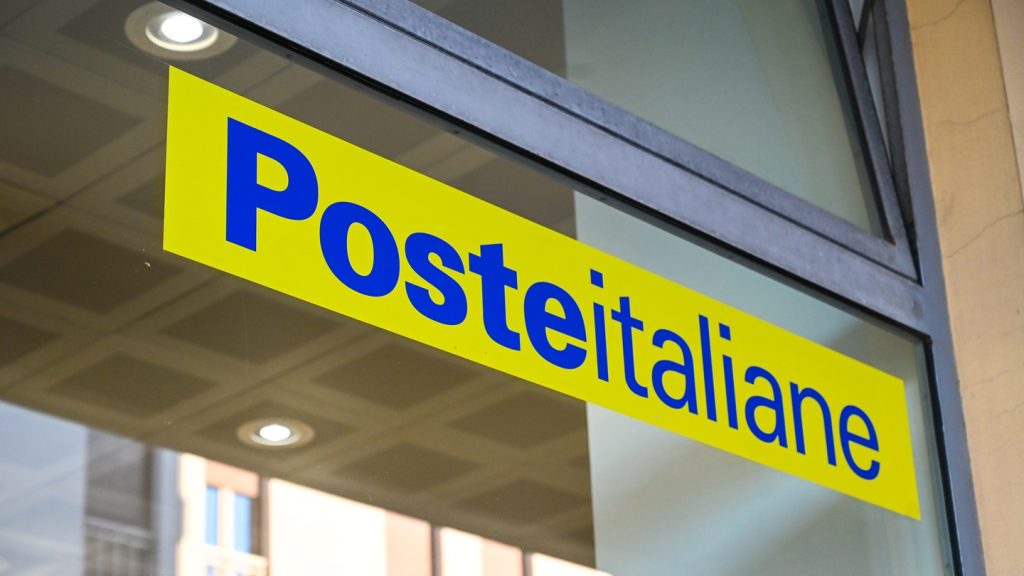Since the very beginnings of the modern financial industry, banking has been a club business, and a local one. Every major bank starts small and local. It serves the surrounding market and the people who happen to be nearest and grows outward from there. What this means in a modern context is that banks can’t just crash land into a new market and start growing. When it comes to their money, people aren’t inclined to just trust the newest name on the block, and not without reason.
For growing neobanks that need to keep entering new markets in order to grown, this dynamic presents a unique challenge. Only through intentional localisation can neobanks grow globally. In other words, neobanks’ growth is inseparable from concentrated, consecutive, and on-the-ground local efforts. With an increase in locally-focused neobanks, we’re even seeing perceptions change around what that on-the-ground effort looks like, and how far it can take a bank.
There are plenty of stories of neobanks trying and failing to expand into new markets over the last several years. In 2018, the Ukrainian mobile bank Monobank announced plans to expand to the UK the following year, but several British banks declined to open accounts for the fintech firm and the move ultimately failed.
The German neobank N26 embarked on an ambitious Latin American campaign with its entry into Brazil, but faltered under intense competition from Brazilian neobanks and withdrew its business in 2023.
Unlike Brazil and the UK, which are large countries with robust homegrown neobank ecosystems (and, by extension, present intense competition for any foreign financial entity looking to break in), neobanks should consider localising in smaller countries and smaller markets.
There are a number of advantages to smaller markets that go beyond simply less homegrown competition. Localisation, done correctly, should solve specific problems for individual markets. Neobanks must start small and learn how to localise before trying to break into multiple markets abroad and at the same time.

US Tariffs are shifting - will you react or anticipate?
Don’t let policy changes catch you off guard. Stay proactive with real-time data and expert analysis.
By GlobalDataStart at the beginning
Localisation is the absolute opposite of a one-size-fits-all process. Just because a bank has localised successfully in one market does not mean they will automatically localise successfully in another. It depends on identifying and solving specific problems for specific people.
Entering each country, a neobank must understand how to position their product. What is lacking in one market is not necessarily lacking in another. Existing financial infrastructures and situations will play a major part. The only way to figure out how to do that is by doing the research.
In markets where under banking is rampant and banking is seen as overly expensive, neobanks can tout the affordability of their services. In markets where traditional banks tend to avoid first-time SMEs and early-career entrepreneurs, neobanks can fill this specific gap. In Poland, for instance, the primary currency is the zloty, but many freelancers and entrepreneurs also receive payments in euros from clients in the Eurozone.
This creates a demand for banking solutions that cater to both currencies. Having a separate euro account helps Polish freelancers manage their finances more effectively, reducing currency conversion fees and delays. This allows for quicker access to funds and simplifies bookkeeping, especially for those working with international clients.
Across Europe, it’s common for people involved in international business to maintain multiple accounts for added security. Neobanks excel in providing efficient accounts with instant payments and real-time notifications, making them an ideal choice for those who need to manage their finances across borders.
To offer local services, you need local integrations, and to integrate locally, you need the support of a local team. Local teams are essential in ensuring legal compliance, which naturally varies from country to country and market to market. Finding a knowledgeable and competent local team takes time, considering how they must not only understand compliance but share a given neobank’s understanding of risk. Trust is everything within the localisation process.
When entering a market and localising, neobanks need to identify their niche and what sets them apart from competitors, no matter how crowded the field. From there, significant investment in marketing is necessary to advertise effectively. It doesn’t matter how effective your local services are if the locals don’t know you exist.
Localisation has its limits
Practically speaking, it’s not possible to be a local bank everywhere. Once established in a local market, neobanks need not only clearance from the local central bank but also local government approval. Licensing and branch approvals take time. Most neobanks do not have the resources to be hyperlocal in an unlimited number of regions. As such, neobanks need to not only focus on localisation efforts but choose very carefully which local regions they are best suited to service.
If a neobank has the tools to expand identity verification beyond government documents like a passport and rental contracts, they should look into regions where people are underbanked for this same reason. If a neobank specialises in small business loans, it should pursue markets with burgeoning entrepreneur communities. Some markets are already saturated and properly serviced—trying to shoulder your way into a market share isn’t an effective or an intelligent strategy.
Localisation is an essential part of neobanks’ growth strategy, but it only works if done alongside suitable research, preparation, and a trustworthy local team. Globalisation happens on the back of smart localisation. Smart localisation depends on research and a disciplined and discerning approach. The only way to get big is to start small. The neobanks that realise this first will go the farthest.
Raman Korneu, is co-founder and CEO of myTU







